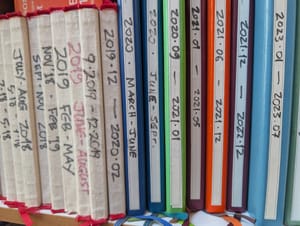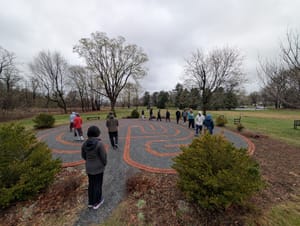This interesting essay in City Journal examines how classic literature — often disparaged as a “canon” of irrelevant works by long-dead white males — has in fact been profoundly liberating for more than a century of working-class autodidacts in the U.S. and Britain. In fact, the article points out some real correlations between awakened class-consciousness–leading to social activism–and the reading of classics, even when those classics are ostensibly conservative or upper-class writers.
The article takes some cheap shots at postmodernism and its concerns for multicultural relevance, but the point is a powerful one: reading books can free your mind.
… Plato is intensely relevant to former drug addicts. “Those of us in the grip of addiction use this process to rethink our lives,” one student explains. “Socrates makes clear that you have to have the courage to examine yourself and to stand up for something. A lot of us have justified our weaknesses for too long a time.”
City Journal Autumn 2004 | The Classics in the Slums by Jonathan Rose
(via Bookslut)


